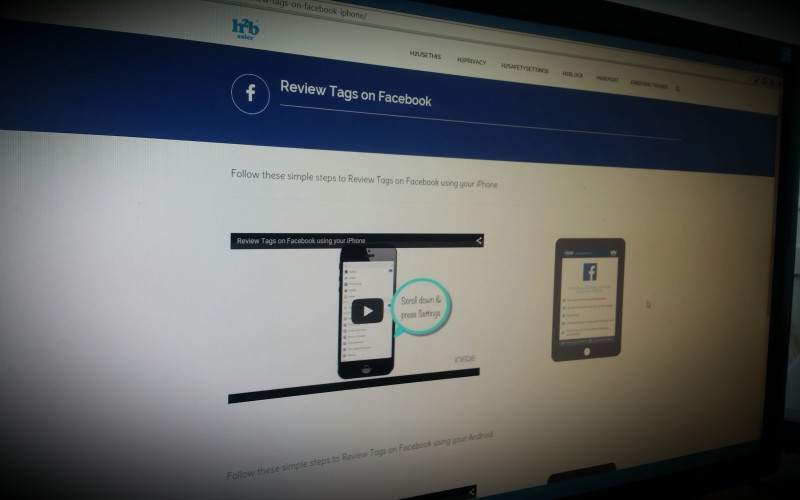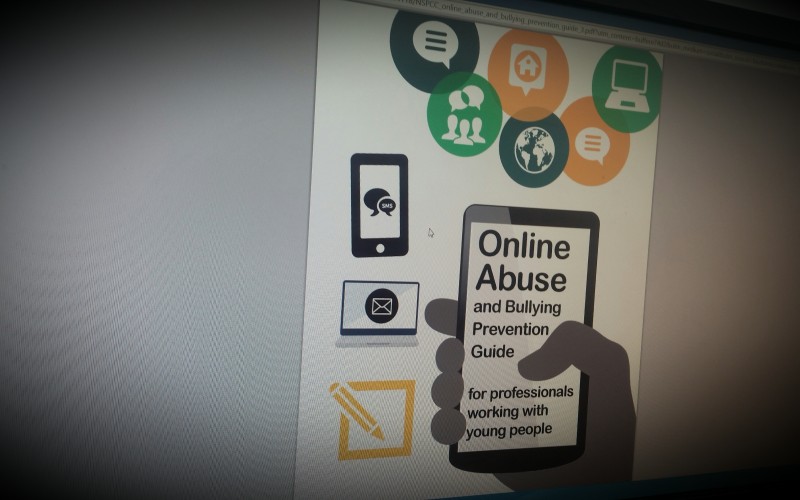Want to connect with your students in and out of the classroom? Consider bringing Facebook into your class as a collaborative tool. We all know that most kids, or at least those in the pre-teen and up category, are locked into many forms of social media. Instead of fighting it, why not meet them where they are, and use the benefits of Facebook to communicate and increase involvement?
Useful Resources for Adults who work with Young People
As part of an experiment, a man asks for help translating a Facebook message he has received.
There's a man in Lithuania who speaks only English. The message is in Lithuanian. He can't read it, so he asks some locals to translate it for him.
Watch what happens here.
The h2bsafer (how to be safer) hub is designed to provide you with information and advice that is easy to access and simple to understand. Use the short videos and step-by-step prompt cards to ensure you have a safer online experience.
The content is compiled and kept up to date by h2bsafer advisers, who work closely with the trust and safety teams of popular social media platforms.
This guide has been developed for professionals who work with young people to help them understand what constitutes abusive behaviour online, the consequences of that behaviour, and where they can get help. The guide applies to professionals working in England and Wales.
This document, by the NEN, is intended for school senior leadership teams and provides an overview of what needs to be in place to keep school networks secure.
The 10 steps described here are adapted from the 2012 CESG document 10 Steps to Cyber Security. CESG is the information security arm of Government Communications Headquarters (GCHQ).
Make sure you understand where the responsibilities for maintaining all these systems and processes reside: some may be maintained in-house while others may be provided by your broadband supplier or another third party.
This Paper introduces the key findings of a quantitative study of youth-produced sexual content online.
The Study took place over a three month period between September and November 2014 and used a combination of proactively sourced content from search engines, historic IWF data and leads from public reports to locate 'youth-produced sexual content' depicting 'young people'.






Comments
make a comment